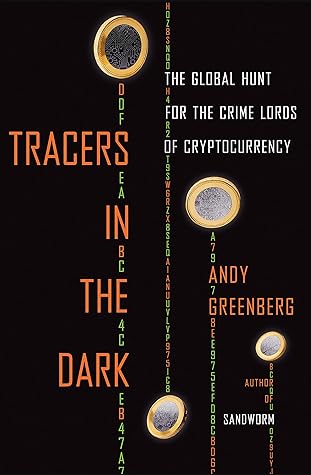More on this book
Community
Kindle Notes & Highlights
There was a maxim in cryptography, often referred to as Schneier’s law after the cryptographer Bruce Schneier. It asserted that anyone can develop an encryption system clever enough that they can’t themselves think of a way to break it. Yet, like all the best conundrums and mysteries that had fascinated Meiklejohn since childhood, another person with a different way of approaching a cipher could look at that “unbreakable” system and immediately see a way to crack it and unspool a whole world of decrypted revelations.
Bitcoin’s ingenious system meant that any single bad actor who might want to write a false transaction into the blockchain would have to use a collection of computers that possessed more computational power than all those many thousands of miners. It was a brilliant approach that added up to a secure currency with no central authority.
But that blockchain ledger system came at an enormous privacy cost: In Bitcoin, for good and for ill, everyone was a witness to every payment.
With just a few hundred tags, she had put an identity to more than a million of Bitcoin’s once-pseudonymous addresses.
But the day when the prosecution found the incontrovertible, public, and unerasable proof of Ulbricht’s Silk Road millions, argues Nick Weaver, remains a milestone in the history of cryptocurrency and crime. “That is the date,” Weaver says, “that you can state unequivocally that law enforcement learned that the blockchain is forever.”
Then she sentenced Ulbricht to two life sentences in prison without the possibility of parole.
Joe Biden in November 2021 included two provisions—designed, in theory, to help pay for the bill’s spending—that passed despite their radioactive unpopularity in the cryptocurrency world.
any cryptocurrency business doing a transaction worth more than $10,000—to report the Social Security number of the person on the other side of the transaction to the IRS.
March of 2022, President Biden signed an executive order on “Ensuring Responsible Development of Digital Assets”
That subpoena held up under appeal because of a precedent in U.S. law called the “third-party doctrine,” which states that if you share your data with a third party—be it Google, Verizon, or Coinbase—you no longer have an expectation that it will remain private.
“The Silk Road Trial: WIRED’s Gavel-to-Gavel Coverage.”


